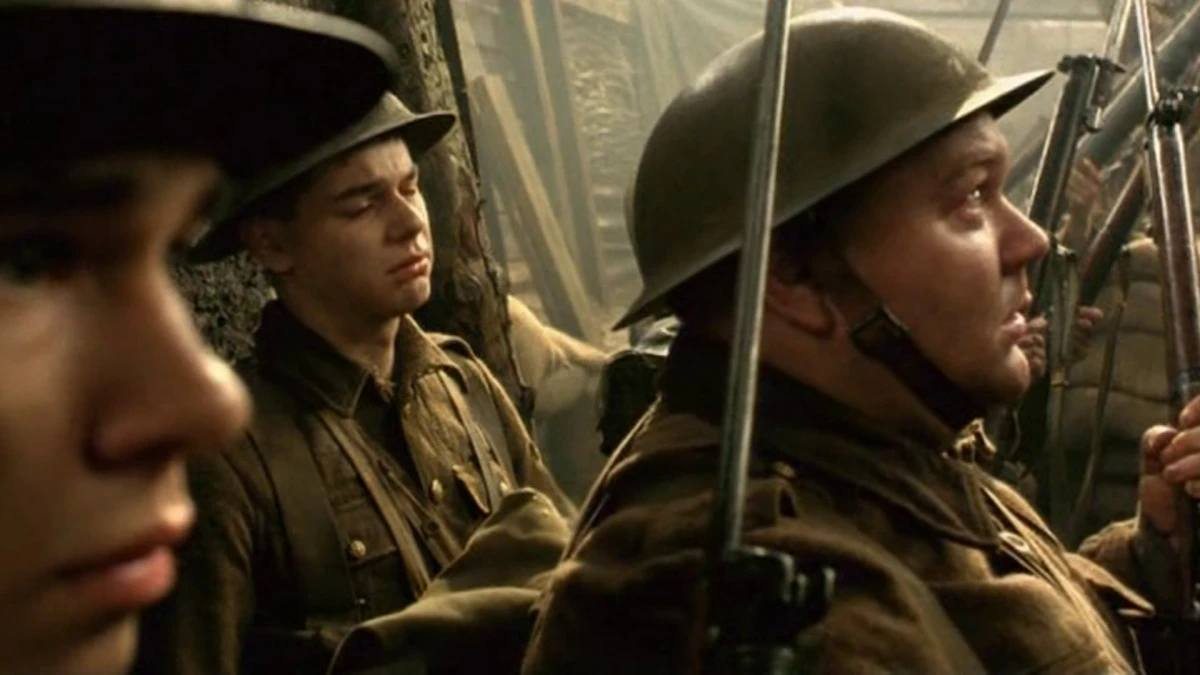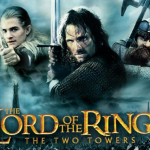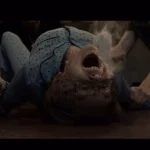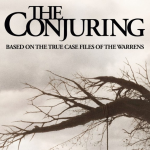Directed by William Boyd, “The Trench” (1999) stands as a poignant British war film that immerses viewers in the harrowing realities of trench warfare during World War I.
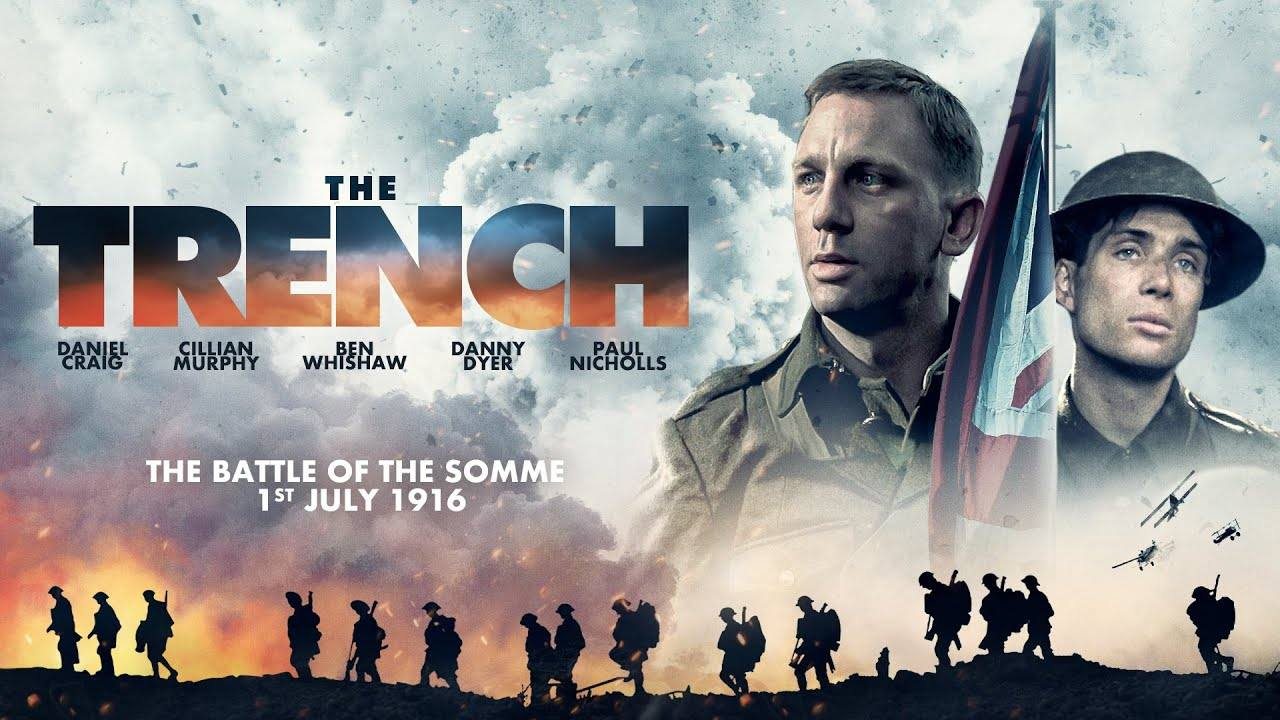
Directed by William Boyd, “The Trench” (1999) is a poignant British war film that offers a gripping and intimate portrayal of the harrowing realities of trench warfare during World War I. Set in the days leading up to the infamous Battle of the Somme, the film delves into the experiences of a group of young British soldiers as they endure the physical and psychological toll of life in the trenches.
Plot Summary
“The Trench” focuses on the final 48 hours before the start of the Battle of the Somme, one of the bloodiest battles in human history. The film follows a platoon of British soldiers, mostly young men who are new to the horrors of war. The central character is 17-year-old Billy Macfarlane (Paul Nicholls), who, along with his older brother Eddie (Tam Williams), has joined the army out of a sense of duty and adventure.
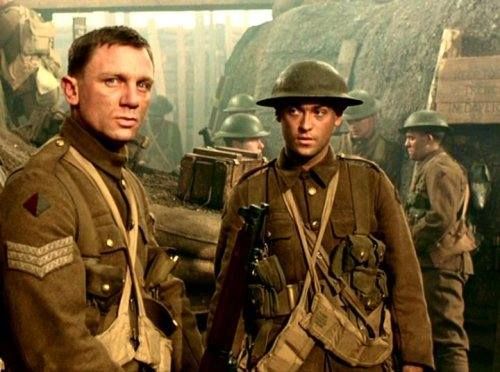
As the men await the command to go “over the top,” the film explores their fears, hopes, and camaraderie. The soldiers cope with the crushing monotony and constant fear of death in different ways—through humor, letters home, or simply trying to maintain a semblance of normalcy in the face of overwhelming danger. Their officer, Second Lieutenant Ellis Harte (Daniel Craig), struggles with the responsibility of leading his men into what he knows will be a near-suicidal assault.
The film is largely confined to the claustrophobic and grim environment of the trench, emphasizing the sense of entrapment and the suffocating atmosphere that the soldiers endure. As the countdown to the battle draws closer, tension mounts, and the men are forced to confront the terrifying reality of what lies ahead.
Themes and Tone
“The Trench” is a character-driven film that explores themes of fear, courage, innocence lost, and the futility of war. The film’s tone is somber and reflective, emphasizing the psychological and emotional burden carried by the soldiers. The movie does not focus on grand battle scenes; instead, it zeroes in on the moments of quiet dread and the human side of warfare, portraying the soldiers not as hardened warriors but as ordinary young men thrown into extraordinary circumstances.
The film also critiques the lack of preparation and the high command’s indifference to the lives of the soldiers, highlighting the tragic human cost of the conflict. The anticipation and dread of the impending battle serve as a stark commentary on the senselessness of war.
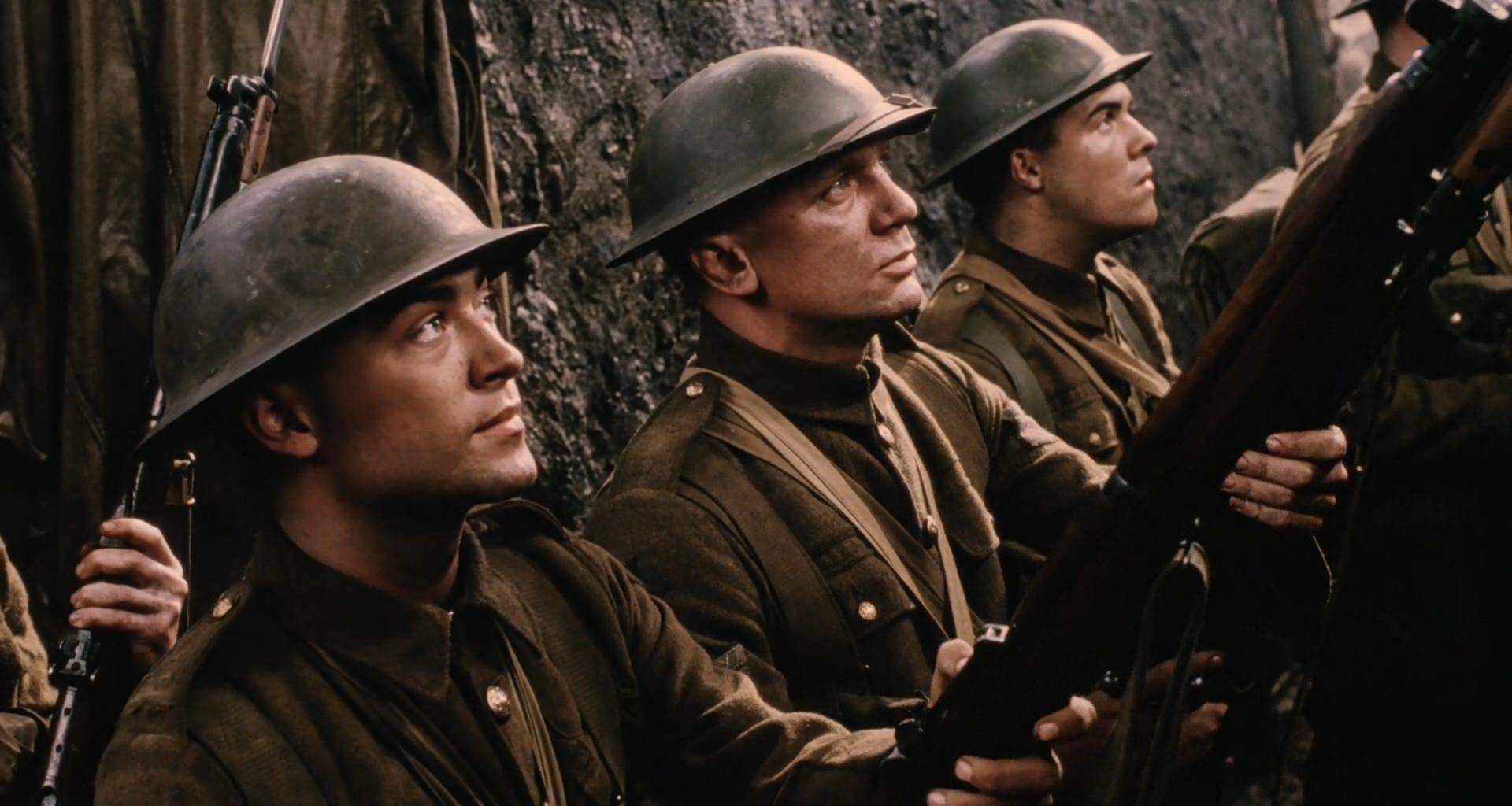
Performances and Direction
William Boyd’s direction is marked by a focus on realism and authenticity, capturing the bleakness and brutality of trench warfare. The film’s pacing is deliberate, mirroring the slow, agonizing wait for battle, and the cinematography effectively conveys the oppressive environment of the trenches.
Paul Nicholls delivers a compelling performance as Billy, capturing the character’s vulnerability and fear. Daniel Craig, in one of his earlier roles, brings depth to the role of Lieutenant Harte, portraying a man burdened by the weight of command and the knowledge of what awaits his men. The ensemble cast, which includes Cillian Murphy, James D’Arcy, and Danny Dyer, contributes to the film’s authentic portrayal of a diverse group of soldiers, each with their own stories and struggles.

Critical Reception and Legacy
“The Trench” was praised for its realistic depiction of the conditions in the trenches and its focus on the psychological aspects of war. While the film did not achieve widespread commercial success, it has been noted for its historical accuracy and its ability to convey the emotional and mental strain experienced by soldiers during World War I.
The film stands out for its restrained approach to the war genre, avoiding glorification and instead offering a sobering look at the realities of combat. It is a poignant reminder of the human cost of war, providing a voice to the countless young men who faced the horrors of the trenches.
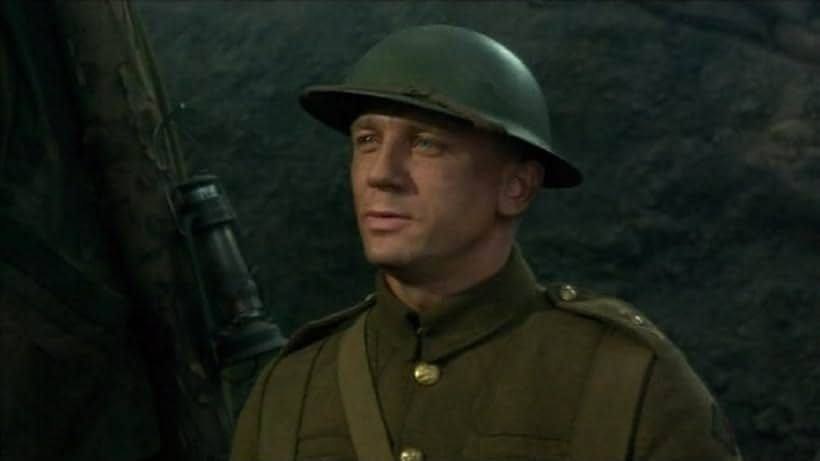
Conclusion
“The Trench” is a powerful and moving war film that immerses viewers in the grim realities of trench warfare during World War I. Through its focus on character and atmosphere, it offers a poignant exploration of the fear, camaraderie, and ultimate sacrifice of those who served on the front lines. With strong performances and thoughtful direction, the film serves as a poignant tribute to the soldiers of the Great War and a stark reminder of the futility and tragedy of conflict.
